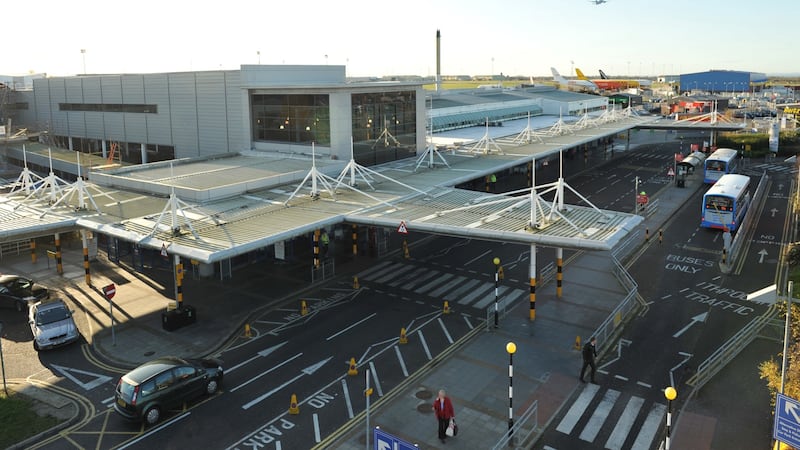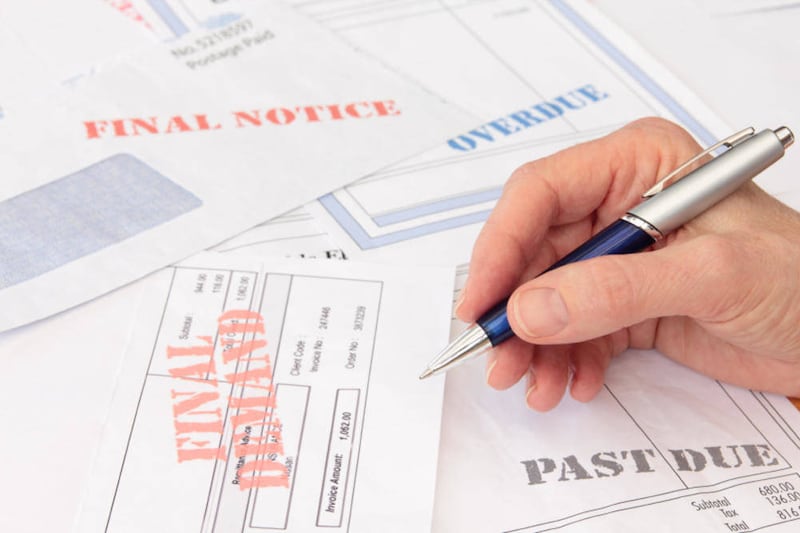SMALL businesses don’t have many options of where to seek help to sort out disputes with other businesses. There are few existing dispute resolution bodies, and none which provide general contractual issues, especially when smaller businesses feel that larger businesses treat them unfairly.
Small businesses struggle to settle their problems with larger corporations sufficiently, quickly and inexpensively while maintaining their business relationships. Small businesses usually suffer because of an inbalance in bargaining power when dealing with larger businesses.
They feel unable to challenge contract terms proposed by larger businesses for fear of damaging their commercial relationship. They may not have the time, money or expertise to make a legal challenge where they believe practices are against the law. These issues can put them under additional pressure, limiting their opportunity for growth, and in some circumstances, putting their business at risk.
These days many large companies don’t even feel the need to come up with an excuse – they just don’t pay on time.
Therefore the government’s recent announcement of a small business tsar to clamp down on these corporate late payers is in principle extremely welcome. In announcing the tsar, the government has estimated that £26 billion is currently outstanding across the UK in unpaid bills owed by large corporations to smaller companies.
Smaller businesses are being squeezed and it is no exaggeration to say that a shortage of cash flow is enough to push many companies to the edge. We should make no mistake about what late payments mean – it is a way of larger companies forcing smaller ones to lend them money.
In Northern Ireland, a recent report issued by the Association of Chartered Certified Accountants (ACCA), shows that businesses with fewer than 50 employees are twice as likely to suffer from late payment problems than large corporates. The report highlighted the chronic problem that Northern Ireland businesses face, with many considering closure due to being unable to recover funds or afford legal fees to pursue for repayment.
Advice NI, which provides the Business Debtline service in Northern Ireland in partnership with the Money Advice Trust, compile statistics which show that 9 per cent of callers to the service’s reason for their initial call is due to late payments or bad debts owed to them from another business. This figure has been slowly rising over the last 15 months, with more businesses feeling the squeeze by late payments and having to seek advice on what options they have at dealing with the problem.
So the creation of a commissioner to name and shame offenders and compile measures to clamp down on this abuse is a step in the right direction. For this to work it must be more than just another well worded policy. Too many initiatives like this one are executed in a half-hearted manner.
This new tsar must be fearless, as it will no doubt face resistance from some large corporations. For it to be a success it must be able to show tangible results immediately. It will need to tackle problems head on to deal with the £26bn currently owed to small businesses and implement robust policies for faster bill payments. This will go some way to helping small businesses grow during this critical moment for the economy.
:: Mark Baird is business debtline adviser from Advice NI.



